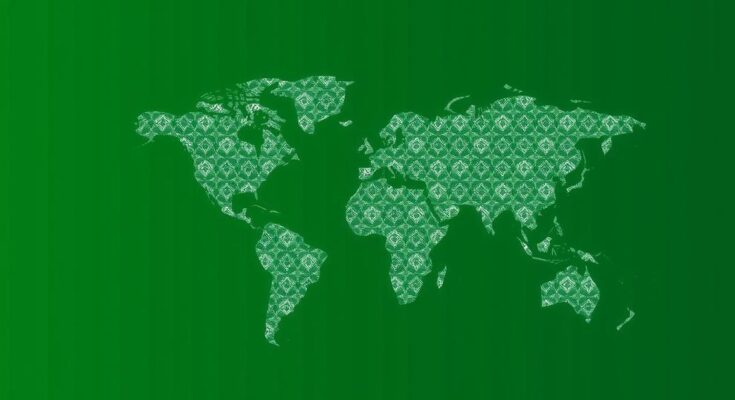At COP29, Saudi Arabia is reportedly undermining discussions aimed at transitioning away from fossil fuels, despite its previous agreements. Delegates from the Kingdom have obstructed progress on the Mitigation Work Programme, arguing that proposed changes conflict with the voluntary nature of the Paris Agreement. The ongoing talks highlight a crucial need for developed countries to commit to climate finance to support developing nations in their climate goals.
As the conclusions of COP29 draw nearer, the atmosphere surrounding climate negotiations has become increasingly tense, particularly due to the actions of Saudi Arabian delegates who are reportedly working to obstruct commitments to transition from fossil fuels. Despite Saudi Arabia’s prior agreement to COP28’s pledge to transition its energy systems, negotiators have indicated that the nation is employing unprecedented tactics to derail these crucial discussions in Baku. The transition pledge from the previous year is expected to align with the 2015 Paris Agreement’s aim of limiting global temperature rises to within 1.5 degrees Celsius. Andreas Sieber, an associate director with 350.org, remarked, “For the number-one petrostate in the world, that’s quite a threat.” Environmental advocates from organizations like Greenpeace have observed that Saudi Arabia is making efforts to inhibit the Mitigation Work Programme (MWP), which is essential for moving away from fossil fuel dependence. Hanen Keskes from Greenpeace MENA noted that the overall progress on various fronts has been disappointingly slow. Sieber also reported that a promising draft proposing a transition from fossil fuels to renewable energy was completely obstructed by Saudi interests. The Kingdom claims that the proposed text would alter the Paris Agreement, yet Sieber countered this assertion, stating that the introductory paragraph of the mitigation program clearly indicates it is non-punitive. The discussions are further complicated by broader issues surrounding climate finance. Developing nations, including Saudi Arabia, are urging developed countries to establish concrete financial commitments to assist in mitigating climate change, yet there are ongoing disputes regarding exact figures. As Keskes articulated, “Developed countries haven’t even put forward an amount that they’re willing to start negotiating on.” Despite calls for a collective financial target, developed nations have largely refrained from proposing specific figures, while developing countries are seeking substantial commitments ranging from $1 trillion to $1.3 trillion annually. Additionally, there is a critical dialogue about whether new financial targets, known as the “new collective quantified goal,” should derive from public funding, rather than private investments. Sieber concluded that Saudi Arabia’s actions reveal a significant level of desperation in the negotiations.
The climate negotiations at COP29 have taken a contentious turn, with Saudi Arabia’s delegates actively seeking to impede efforts toward a global transition away from fossil fuels. The discussions are primarily focused on the effectiveness of the COP28 transition pledge, which aims to meet the benchmarks of the Paris Agreement. The Kingdom’s resistance is seen as particularly detrimental given its status as a leading oil producer, which poses a significant challenge to global climate goals. Moreover, discussions regarding financial commitments from developed nations to support developing countries in their climate initiatives have also highlighted stark differences between the two groups, further complicating the negotiations.
In conclusion, Saudi Arabia’s role at COP29 has been marked by deliberate obstruction against a unified transition from fossil fuels, despite earlier commitments made during COP28. The country’s actions reflect a broader reluctance to shift away from its fossil fuel dependency, jeopardizing the chances of achieving significant progress in climate negotiations. Continued discussions around climate finance are essential, as they underscore the need for developed nations to provide support to developing countries, indicating that the path forward requires not only agreements on emissions but also solid financial commitments.
Original Source: www.middleeasteye.net




